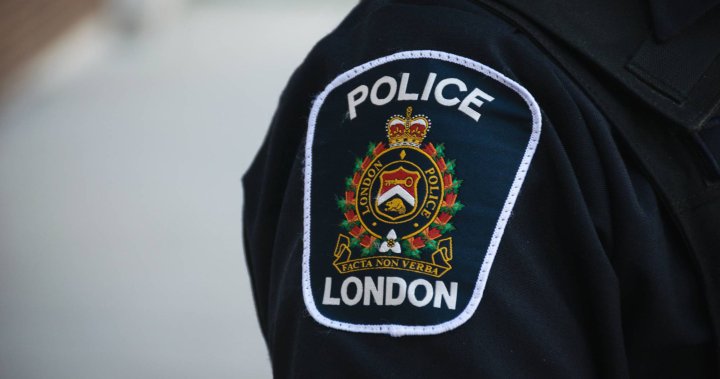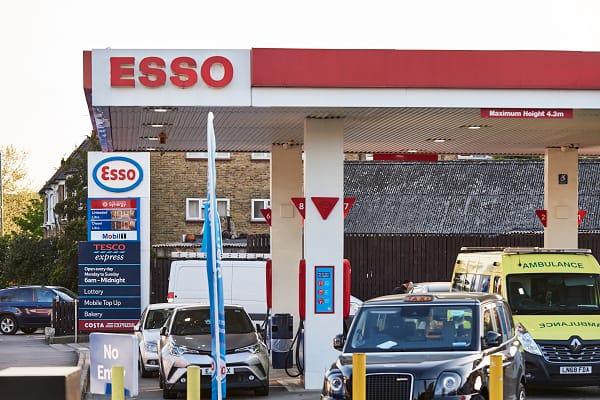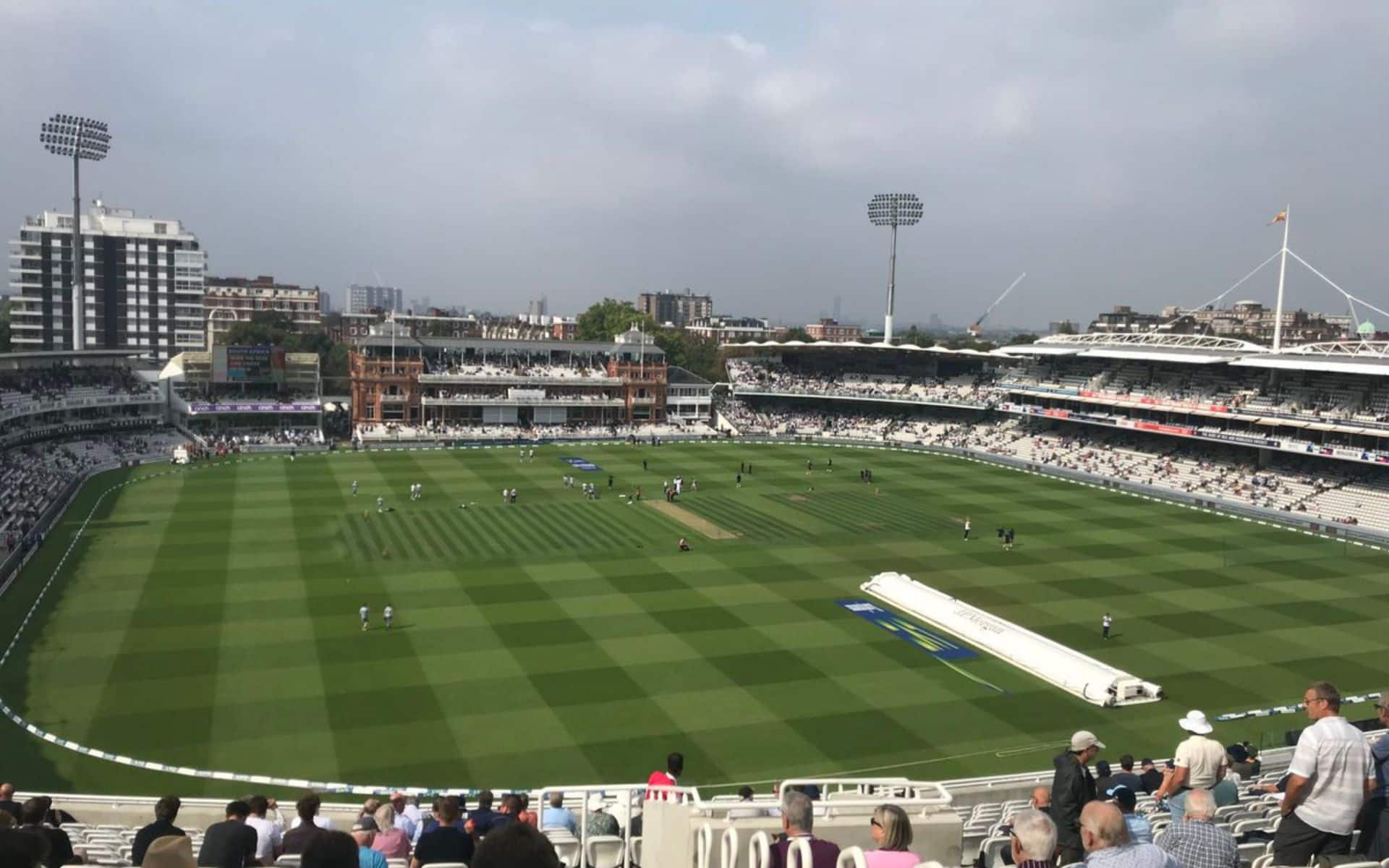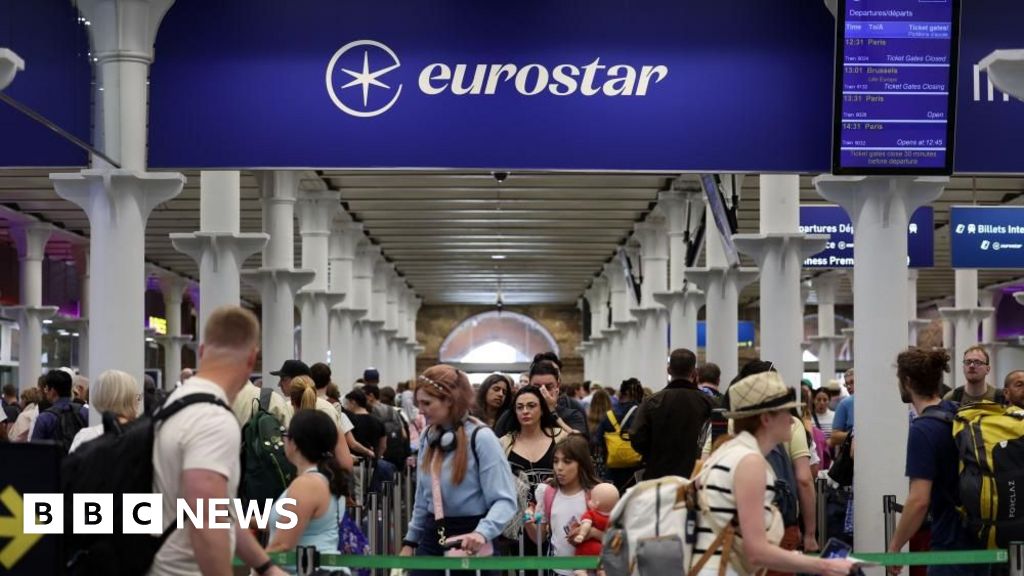Bussiness
Travel warning: Experts remind travellers to check destinations’ currency rules before entering

As summer quickly approaches, many Brits will have already started planning or even booked a trip abroad.
While going on holiday is exciting, understanding the global currency regulations of your chosen destination is essential for a smooth travel experience. Yet, many of us don’t know exactly what these rules are.
To help out ahead of the peak travel season, the travel insurance experts at PayingTooMuch, have compiled some top tips to help British holidaymakers avoid any currency mishaps this year.
What is a closed currency?
A closed currency restricts the trading of currency outside its country of origin, making it difficult to exchange in other countries. This means that some currencies are unavailable to get in the UK and so travellers may need to convert their money once they have arrived at their destination and convert it back to their local currency before departing home.
Ignoring currency control laws can be considered a serious offence. Punishments will vary depending on the country, however, they usually include fines, legal penalties, confiscation of funds, or imprisonment.
Some popular holiday destinations among British holidaymakers that have a closed currency include – The Bahamas, Morocco, Cuba, Sri Lanka and Cambodia.
It’s important to do your own research ahead of any trips to ensure you don’t fall foul to any unknown rules. PayingTooMuch has created a guide detailing popular holiday destinations that do have closed currencies.
Four tips for avoiding currency issues when abroad:
Check the rules and regulations of your destination
In the weeks leading up to your holiday, you should check if your chosen destination has a closed currency or any other policies. If it does, make sure you follow the laws relating to whether you can bring local currency in, and how much of it.
Research currency exchange options
It is important to investigate the currency exchange options available at your destination ahead of your trip to determine the best method for obtaining local currency.
When you arrive at your holiday destination, it is recommended to try to exchange money right away to avoid any unnecessary hassle. The airport should have a currency exchange desk, making it easy to convert your money when you arrive.
Research currency and conversion rates if you’re interested in getting the best rates. You could also ask staff at the hotel you’re staying at, or your Airbnb host, for information about nearby places to change your currency.
Adapt your payment methods in line with closed currency regulations
It’s a good idea to contact your card issuer to check if you’re able to use your credit or debit card in your chosen country. They might not be as easy to use if your holiday destination has closed currency regulations.
Consider using a prepaid money travel card. These can often be an easy alternative to paying with cash or credit cards abroad. However, you’ll need to make sure these can be used in the country you’re travelling to.
If you opt for cash and still have some remaining by the end of your trip, make sure to spend it before you leave or get it converted back into your usual currency. This can help avoid any problems that could be caused if you attempt to take closed currency home.
Know your budget
Before departing, estimate how much you’ll spend while you’re away. This will help you decide how much to exchange when you arrive at your destination. Consider taking out a little more than you need in case of emergencies, especially if there are no money exchange services nearby.









